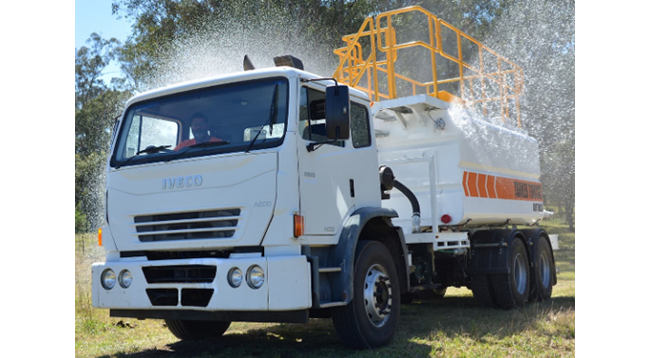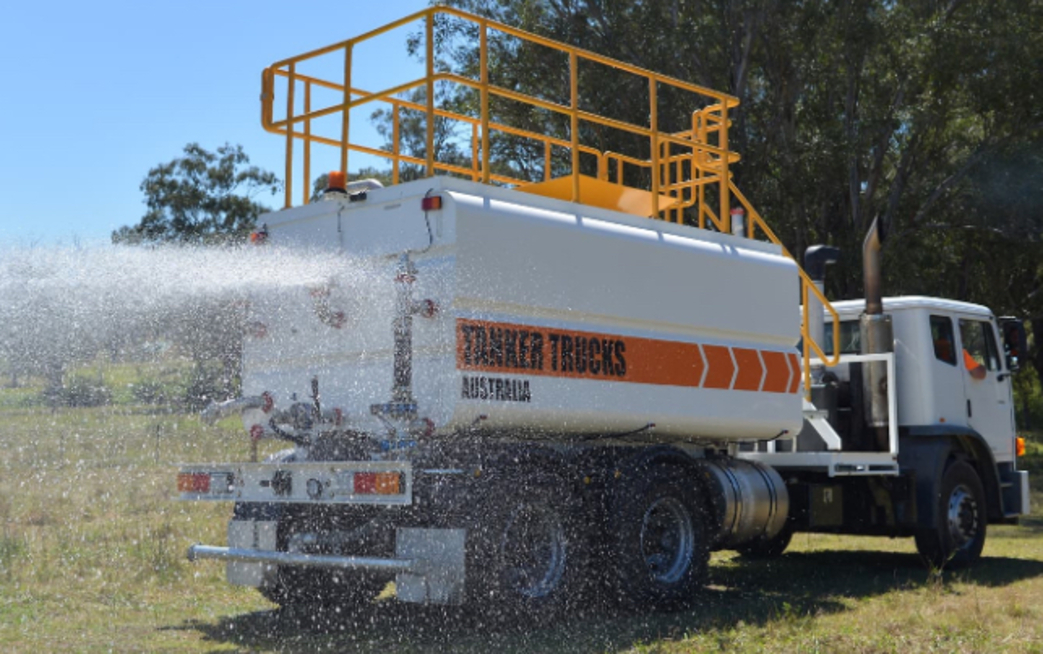Silica exposure through the inhalation of very fine silica dust has been a well-known occupational hazard in mining for many years with workers coming across crystalline silica while excavating or tunnelling through quartz containing rock such as shale or sandstone.
Significant levels of airborne dust are most likely to occur when materials or products in the workplace are cut, sanded or drilled or during any other activities which create fine dust.
Exposures in workplaces can also occur through dry sweeping or using compressed air (rather than wet cleaning or using a vacuum) and resuspension of settled dust from clothing or fabric materials.
What diseases can silica dust cause?
If a worker is exposed to and breathes in silica dust they could develop:
- chronic bronchitis;
- emphysema;
- acute silicosis can develop after a short exposure to very high levels of silica dust, within a few weeks or years, and causes severe inflammation and an outpouring of protein into the lung;
- accelerated silicosis can develop after exposures of 3 to 10 years to moderate to high levels of silica dust and causes inflammation, protein in the lung and scarring of the lung (fibrotic nodules);
- chronic silicosis can develop after long term exposure to lower levels of silica dust and causes fibrotic nodules and shortness of breath;
- lung cancer;
- kidney damage and;
- scleroderma, a disease of the connective tissue of the body resulting in the formation of scar tissue in the skin, joints and other organs of the body.
There has been an emerging trend of new cases of accelerated silicosis in Australia but still no known treatment that can arrest the progression of the disease.
The federal government has recently recognised the urgency of the issue by allocating $5 million for a National Dust Disease Taskforce to develop a national approach for the prevention, early identification, control and management of dust diseases.
Under the Work Health and Safety Act (2011) companies or persons in charge of a business have the duty to manage the risks to health and safety for employees using, handling, generating and storing hazardous chemicals including silica.
They must ensure the workplace exposure standard for crystalline silica -0.1mg/m3 averaged over eight hours- is not exceeded and monitor the health of workers, with health records to be kept for 30 years.
This will put a massive financial burden on companies.
Site operators can apply engineering controls to minimise the generation of airborne dust to reduce hazardous exposures and prevent illness in the workplace.
These include exhaust ventilation, dust collection attachments and of course, water suppression.
That's where Tanker Trucks comes in…
A national manufacturer, supplier, fitter and servicer of water trucks, water carts, water tanker modules, parts and accessories based in Sydney, Tanker Trucks is Australian-owned and operated.

Founder Tony Hughes is a mechanic by trade and been in the automotive business for more than 33 years.
He started the company about 18 months ago when a mate asked for his help to find a reliable used water truck for a residential building development on Sydney's North Shore.
Hughes said he spent hours scouring Gumtree and Trucksales and more time on the phone trying to get hold of the leading (supposedly) manufacturers and suppliers of new and used tanker trucks, but no one would even return his calls.
He said it was not just about selling trucks however, it was providing a product that can try to solve a problem.
"Investing in a water truck can help companies mitigate the issue of silica dust," Hughes told AMM.
"All the mines and quarries across the country are affected and you can put on as much PPE as you want but if you've got a beard the dust will get through."
"Or if they don't wash their clothes or change on the way home it's in their car then their homes," he said.
Hughes said inhaling silica dust is worse than smoking cigarettes.
"The OHS laws are only going to get more draconian in this area and the unions are getting involved so it's quite a large issue that's starting to rear its head," he said.
"Company directors are also going to be held responsible for the OHS of their workers, so people need to be aware the silica dust problem is coming."
Tanker Trucks head of sales Jonathon Stone said Tanker Trucks can supply new or used water trucks that are ready to go or fit a water tanker to just about any new or used truck, including Hino, Isuzu, Mack, Freightliner and Iveco.
Tanker Trucks' water tankers come in three standard sizes -18,000 litre, 13,000L, and 8000L- with custom sizes and designs available on request.
The company is a full-service provider and offers a tanker fitting service as well as after-sales servicing and parts.
All Tanker Trucks tankers, parts and accessories come with a 12-month warranty.
Stone said with silicosis set to be the next "James Hardie" of Australia, the need for a water truck on site should not be the last thing on the mines shopping list.
"Call us now we have a product to solve your problems," he said.
"Make the investment now to save in the long run."

ABOUT THIS COMPANY
Tanker Trucks Australia
A national manufacturer, supplier, fitter and servicer of water trucks, water carts, water tanker modules, parts and accessories based in Sydney, New South Wales, Australia.
HEAD OFFICE:
- 45-47 Whiting Street, Artarmon, NSW, 2064, Australia
- Telephone: 1300533900
- Web: tankertrucksaustralia.com.au
- Email: sales@TankerTrucksAustralia.com.au


























